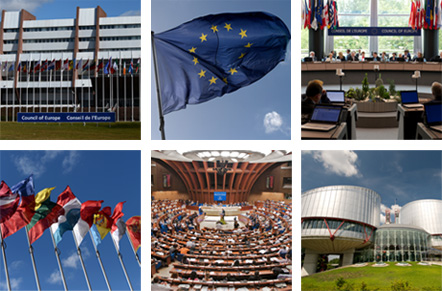In a new report published today (in English and Russian), the Council of Europe Group of States against Corruption (GRECO) says corruption has long been a serious pervasive problem in Russia. Whilst acknowledging some important legislative and policy steps, GRECO identifies a number of shortcomings and makes recommendations to the Russian authorities, such as boosting transparency of the legislative process and of the financial declarations by Members of Parliament (MPs), as well as introducing a code of ethics for them. Integrity of judges should be ensured and enhanced via a more transparent process of their selection, revenues declarations and limiting their immunity. More openness is also required in recruiting prosecutors and assigning cases to them.
Regarding members of parliament, GRECO stresses the need to strengthen the transparency of the legislative process, in particular by holding public consultations for draft laws, and by facilitating accreditation of media covering the work of the Parliament, in particular granting it within reasonable time. GRECO also calls for the adoption and publication of a Code of Ethics for both the State Duma and Federal Council representatives. This code should focus on ensuring integrity of MPs and in particular on preventing conflicts of interest, and be complemented by practical measures for its implementation and enforcement. The report also underlines that MPs’ declarations of interests must be more transparent to enable public scrutiny, namely, the information on the sources of revenue should not be omitted, and that this should go hand in hand with stronger monitoring and imposing adequate sanctions for integrity breaches, while respecting parliamentary independence.
A recommendation to render interest declarations more transparent and reveal the sources of revenues is also addressed to judges. GRECO notes that the judiciary is affected by corrupt behaviour, and expresses concerns in several areas. First, integrity checks used for the selection, appointment and promotion of judges should be based on objective, public criteria to ensure their integrity. Moreover, the role of the executive in the process leading to judges’ appointment should be scaled down so as to preserve the real and perceived independence of the judiciary. The tenure of justices of the peace as first instance judges dealing with some 80% of all litigations needs to be strengthened. Furthermore, GRECO recommends reintroducing into the Judicial Code of Ethics previously removed provisions on conflicts of interest and the line drawn between public and private interests, such as personal relationship with parties or close relatives interested in the proceedings. The current broad immunity of judges should be limited to activities related to the administration of justice (“functional immunity”), GRECO says.



